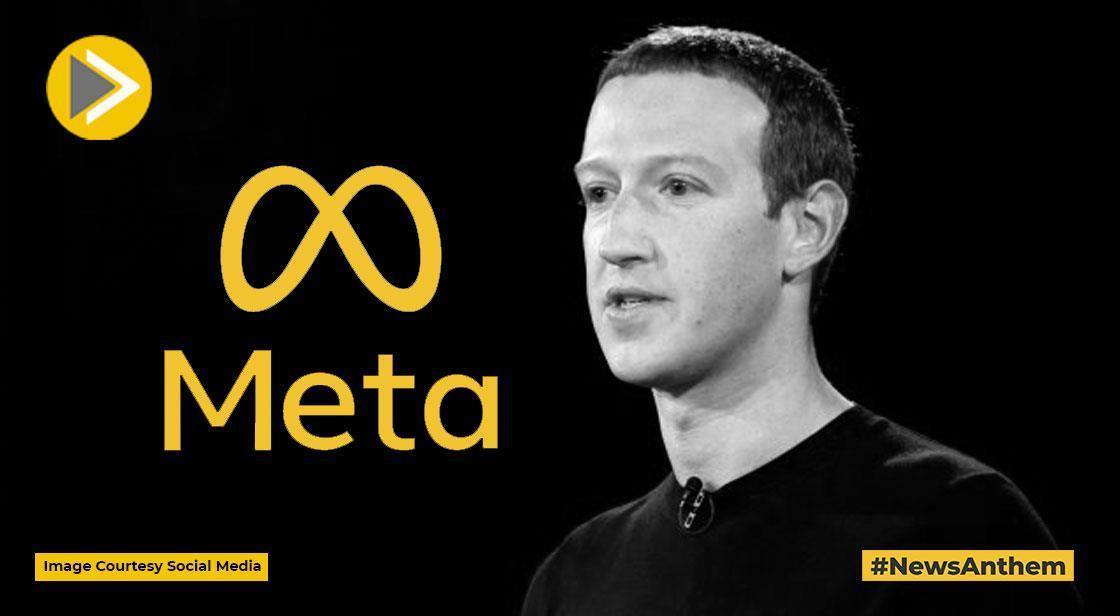Meta's $100 Million Bids for AI Talent Signal the True Cost of Entering the New Economy

News Synopsis
In a bold move that underscores how high the stakes are in the global artificial intelligence (AI) race, Meta is reportedly offering sign-on bonuses as high as $100 million to attract top-tier AI professionals. This is not equity, not long-term options — but direct, present-day compensation, reflecting the company’s urgency to secure minds that can define the next era of innovation.
This development, according to corporate advisor and author Srinath Sridharan, serves as a wake-up call to economies like India, which frequently tout their tech prowess yet often fail to price intellectual capital appropriately.
India’s Contradiction: Tech Dreams vs. Talent Investment
India often speaks of its demographic dividend and aims to become a global powerhouse in AI, quantum computing, semiconductors, and battery technologies. However, there remains a striking disconnect between these lofty ambitions and the country's actual talent strategy — particularly within promoter-led companies.
Sridharan highlights a common boardroom dilemma: even proposing a $10 million package for a world-class AI scientist would trigger disbelief. The discussion would quickly devolve into CTC breakdowns, clawback clauses, and awkward comparisons to entire tech team budgets. The message is clear — India is uncomfortable paying industrial-level compensation to intellectual assets.
Brains Over Machines: A Shift India Has Yet to Make
Despite Indian companies investing millions in factories or infrastructure, there is hesitation — even resistance — to invest comparably in human capital. Sridharan argues that this is not frugality but a mispricing of intellectual value. The talent required to drive the digital revolution is being undervalued — not because of financial limitations, but due to a cultural mindset that prefers machines over minds.
The prevailing belief seems to be: “Once we scale, we’ll reward.” But in AI and deep tech, delaying investment in top talent often means falling behind permanently.
Lessons from the Past: The Forgotten Talent Playbook
Sridharan recalls one of the last major "big bets" on talent in India — nearly two decades ago — when a major conglomerate entered the retail sector and hired dozens of high-profile executives at unprecedented salaries. For a brief period, talent was treated like intellectual property — strategic, foundational, and priceless.
But that experiment was short-lived. Cost control soon took over. Once again, Indian businesses returned to conventional models of attrition math, internal promotions, and strict salary bands — an approach incompatible with the New Economy.
Talent as Capex: A Strategic Shift Required
To genuinely compete in emerging technologies, India must treat talent acquisition like capital expenditure, not just an HR function. Hiring an elite AI engineer at $10 million should be viewed the same way a steel tycoon views laying the first kilometre of pipeline — as an investment into infinite potential.
In sectors like AI, the entry barrier is no longer political access or regulatory licenses, but rather access to world-class minds. The real “infrastructure” of the future lies in human intellect — not brick and mortar.
Brain Drain Is About Pricing, Not Patriotism
India proudly celebrates its diaspora in AI leadership roles at OpenAI, Google DeepMind, and other global giants. Yet, if homegrown engineers are underpaid and under-recognized domestically, this only reinforces a brain drain cycle. It's not that patriotism fails — it's that compensation speaks louder.
We cannot lure top talent back with nationalism alone. The answer lies in global benchmarking of value, not emotional appeals.
The Price of Ambition in the New Economy
India’s industrialists and policymakers are not averse to risk — they’re willing to invest in political capital, equity markets, and regulatory frameworks. But when the cost of market entry becomes a single human mind priced globally, hesitation takes over.
As Sridharan sharply observes, there is no shortcut. If India wants to be a sovereign leader in AI and deep tech, it must match the world’s best not just in ambition — but in paychecks.
Conclusion:
The New Economy will be won not by capital, but by conviction in talent. And that conviction must be backed by real, global-scale compensation. If India wants to lead the AI revolution, it must be ready to write the cheque.
You May Like









